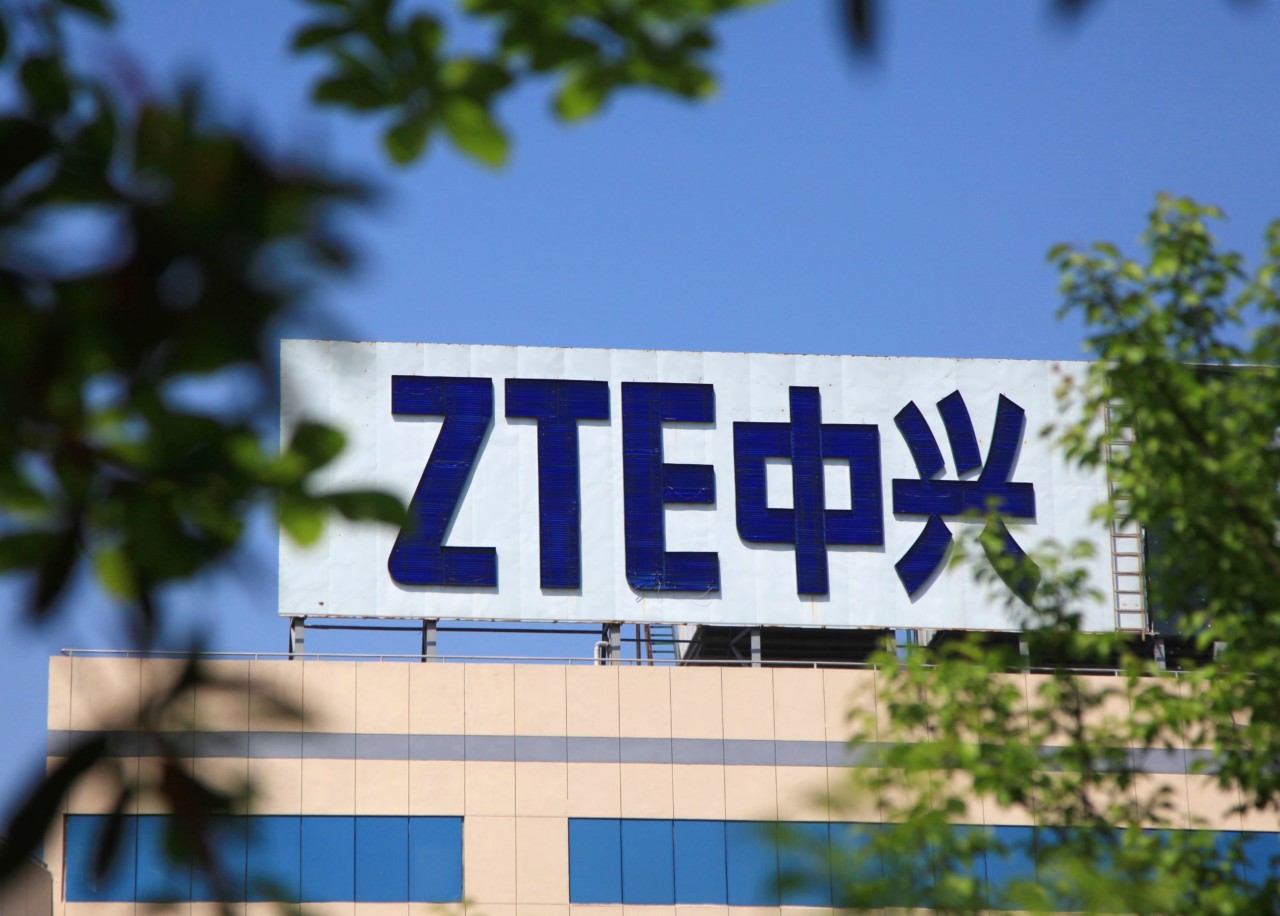Current flagship smartphone chipsets are based on the 7nm node process but the manufacturers are now shifting towards 5nm and even 3nm process for the upcoming next-generation chipsets.
Joining the list of those companies in China-based ZTE. The company held its Annual General Meeting of Shareholders at its headquarters in Shenzhen where the company revealed its plan for the smartphone chipset.

Xu Ziyang, President of ZTE Corporation, revealed that the company is already working on a 7nm chipset which has entered mass-production. He further added that the company has started working on a 5nm chipset and revealed that it’ll be launched next year.
He further goes on to add that while ZTE has done the front-end and back-end design for the chipset, it has to rely on global partners for production and manufacturing.
The development comes as ZTE has been heavily investing in its Research and Development (R&D) department, especially for chip development. The company has spent around 12.1 billion yuan (~$1.7 billion).
ZTE isn’t the only Chinese company working on the next-gen chipset. Huawei, currently the leading smartphone brand globally, is reportedly working on its Kirin 1020 and Kirin 1000 chipsets, which are said to be based on the 5nm process.
EDITOR’S PICK: Tesla Model 3 suddenly picked up speed uncontrollably, crashed and caught fire in China
With the on-going US-China trade war, the Chinese companies are now stepping up their game in the semiconductor business. After recent US sanctions cutting off chip supply from TSMC to Huawei, the Chinese giant is also heavily investing in local semiconductor firms.
Last month, Samsung announced a new 5nm chip production plant in South Korea which is expected to be operational by next year. TSMC, on the other hand, has already started mass production of 5nm chipset — Apple A14.
Earlier this month, TSMC officially revealed the existence of a new 4nm manufacturing process which falls between the 5nm and 3nm nodes that are already on the company’s roadmap. The “N4” process is said to be an enhanced version of the “N5P” process and is expected to enter mass production by 2023.
UP NEXT: Honor 30 Lite 5G full specifications leaked; Launch seems imminent







